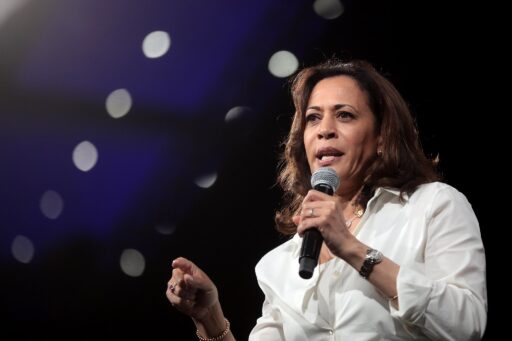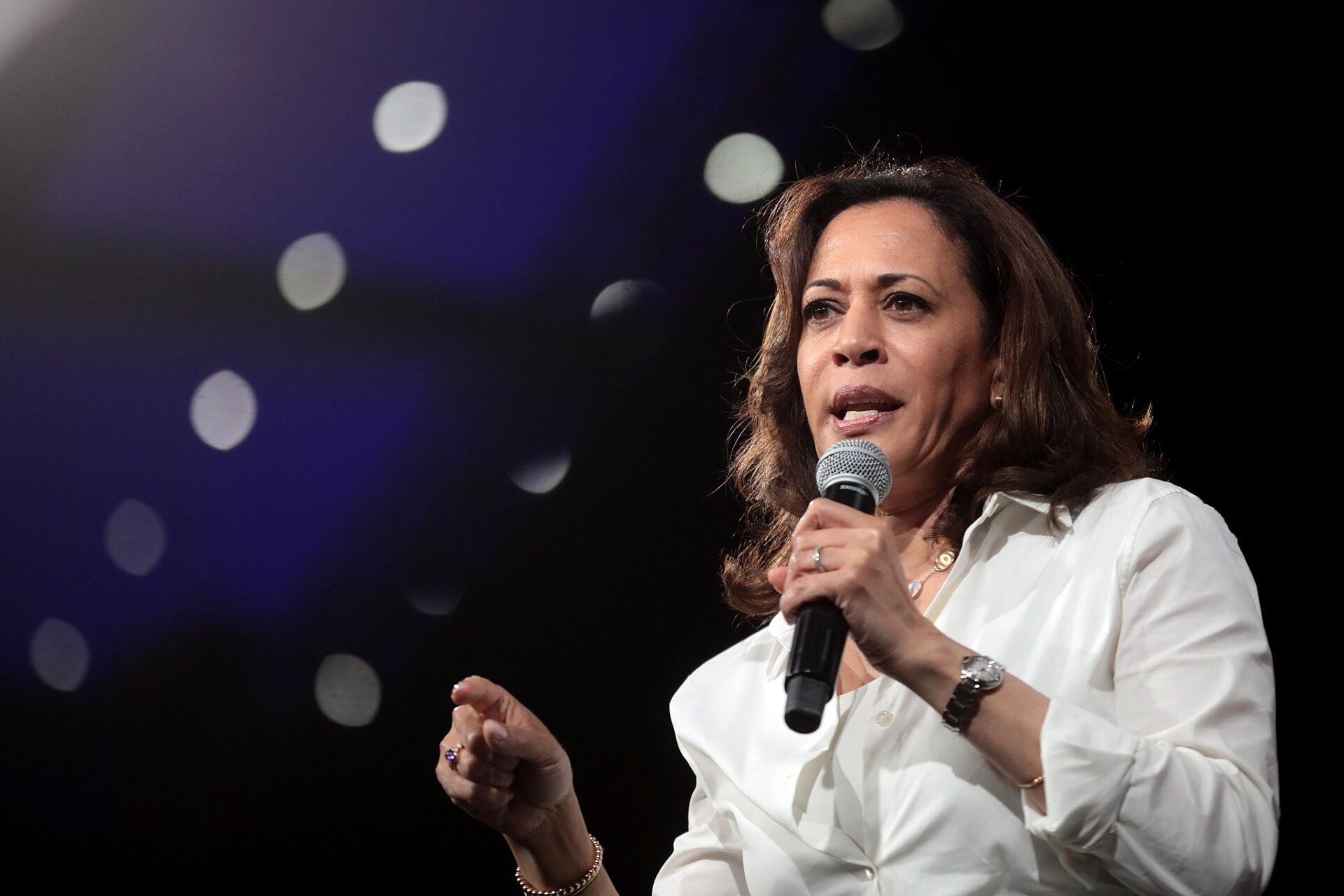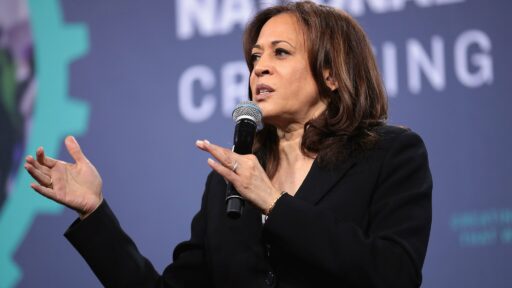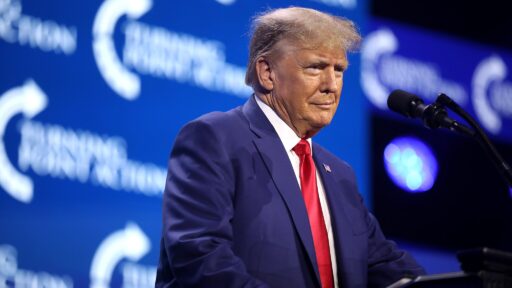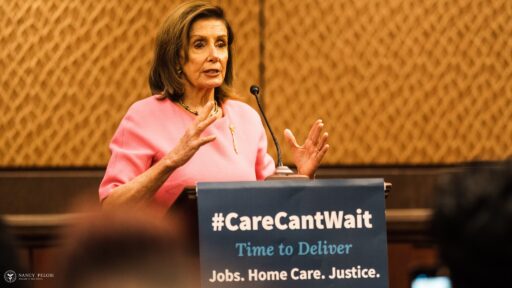Kamala wants to copy Trump’s policies so badly she is throwing her own party under the bus.
Vice President Kamala Harris’s recent endorsement of a proposal to exempt tips for service and hospitality workers from taxes has stirred significant controversy among Democratic lawmakers and progressive activists. This idea, originally proposed by former President Donald Trump, had been dismissed by Democrats as insincere and merely a political maneuver to garner votes.
Harris’s support for this tax exemption is being viewed as a strategic move aimed at gaining favor in Nevada, a crucial swing state where service workers play a vital role. By backing this proposal, Harris seems to be attempting to counteract any electoral advantage Trump might have gained by introducing the idea to GOP lawmakers earlier this year.
Critics within the Democratic Party have raised concerns about the proposal’s implications. They argue that exempting tipped income from taxes could disproportionately benefit workers in the service industry while leaving out many lower- and middle-income workers who also deserve tax relief but do not receive tips. Moreover, experts worry that such a tax policy could have unintended consequences, potentially costing the federal government between $100 billion to $200 billion over the next decade. There are also fears that businesses might use the tax-free status of tips as a rationale for not increasing base wages and could even lead to more aggressive solicitation of tips from customers instead of raising hourly pay.
This skepticism is evident among senior Democrats. Senate Finance Committee Chair Ron Wyden labeled Trump’s original proposal as “bogus” and argued that it would be overshadowed by other policies, such as tariffs, that would increase overall costs. Similarly, Rep. Lloyd Doggett dismissed it as an “election-year ploy.”
The proposal has received support from some unexpected quarters. Nevada’s Democratic Senators, Jacky Rosen and Catherine Cortez Masto, along with the influential Culinary Union, have endorsed the idea. They argue that shielding tips from taxes would provide much-needed relief to hospitality workers. Despite this, there remains considerable uncertainty about how Harris’s support aligns with her broader economic agenda. Critics, including Bob Borosage from Campaign for America’s Future, view Harris’s endorsement as an opportunistic move rather than a genuine policy stance, and they continue to advocate for raising the base wage for tipped workers.
In summary, Harris’s surprising endorsement of Trump’s tax proposal underscores a broader uncertainty among progressives about her economic policy priorities. While some see it as a pragmatic move to appeal to crucial voters in swing states, others question its sincerity and potential impact, reflecting a deep division within the Democratic Party on how best to support American workers.


